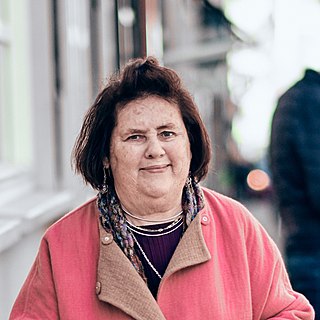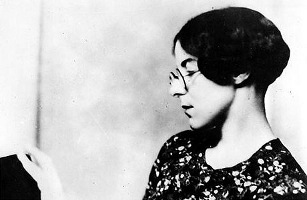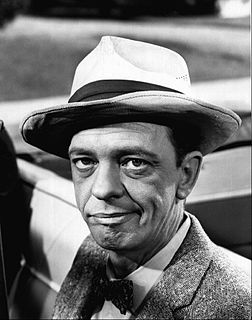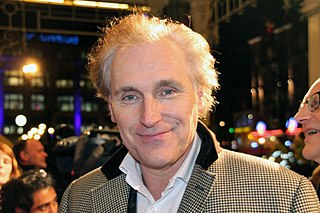A Quote by Robert Kiyosaki
The poor, the unsuccessful, the unhappy, the unhealthy are the ones who use the word tomorrow the most.
Related Quotes
In order that the revolution should be something more than a word, in order that the reaction should not lead us back tomorrow to the situation of yesterday, the conquest of today must be worth the trouble of defending; the poor of yesterday must be worth the trouble of defending; the poor of yesterday must not be poor tomorrow.
In 1992 I was doing one of my first ever tours and I was in Heathrow airport and I saw these middle-aged musicians who had clearly been on tour for decades, and they all looked haggard and unhappy and unhealthy. I vowed to myself that I would never be that person. Flash forward 20 years and I found myself in Heathrow looking haggard and unhappy and unhealthy. I decided I would rather spend my time staying home working on music and making dinner with friends, instead of spending six months in a hotel in a state of depressing suspended adolescence.
Never use a metaphor, simile, or other figure of speech which you are used to seeing in print. Never use a long word where a short one will do. If it is possible to cut a word out always cut it out. Never use the passive voice where you can use the active. Never use a foreign phrase a scientific word or a jargon word if you can think of an everyday English equivalent. Break any of these rules sooner than say anything outright barbarous.
Everything comes down to this: the reason for every word I have written and every word I will write. I am recounting my life for you so that you may know this secret without the pain of discovering it: We are unhappy because we think that love is something we require from someone else. Our salvation depends on a simple gesture that is nonetheless the most difficult act we can perform: We must give away the thing we most long for. Not to receive but to give.
































